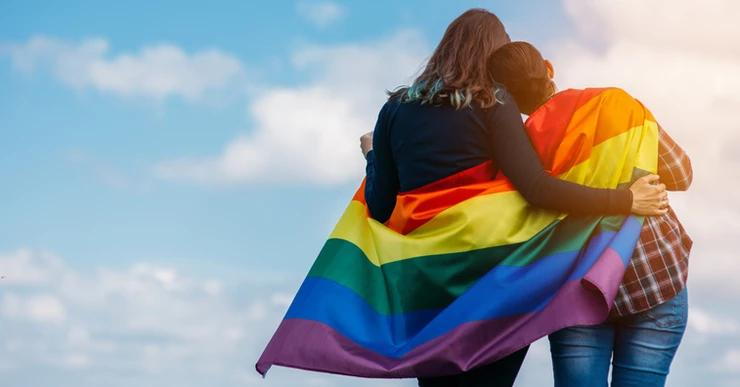
Those in the LGBTQ community face much more implicit and overt discrimination than their straight counterparts. While this community has come far since the Stonewall Riots that occurred in 1968, it doesn’t mean that transphobia, biphobia, and homophobia are not still pervasive parts of today’s culture.
What this means is that LGBTQ individuals are facing somewhat exhausting microaggressions along with discrimination regularly from friends, family members, and others. Over time, this can cause depression, anxiety, and mood disorders. Some of the most common reasons that those in this community need therapy can be found here.
The Questions
Anyone who is considered gender nonconforming is well aware of the cultural fascination related to their genitalia. Many people still believe it is considered appropriate to ask someone who is gender nonconforming about what is going on “down under.” Chances are they would never ask a cisgender person this question.
Because it’s being called a “Phase” by Friends and Family Member
Few things in this life are more hurtful than someone you love not accepting, or even denying your sexual orientation. Many people in the LGBTQ community find it difficult to come out – not only to their family but also to their teachers, friends, and coworkers. If you always have to define and defend yourself, it will be uncomfortable and exhausting.
Your Parents Introduce Your Partner as a Friend
You have lived with someone for several years, but your parents still call him or her your roommate or your friend. These recurring microaggressions will seriously add up as time passes and eventually make people feel as though they aren’t being seen. This type of action also makes it extremely challenging to keep a positive relationship with the family member or the friend that is saying these things. With LGBTQ therapy, you can learn to cope with these microaggressions and how to respond in a productive manner that helps you live your very best life.
People Ask Who the Man Is in Your Life
The old-school, arbitrary gender roles are limiting and archaic. Going to therapy, specifically for those in the LGBTQ community, will take this into account. It may be more comfortable for a straight person to place those in LGBTQ relationships in the familiar outlines of the relationships they have experienced and seen – but it is more than time for people to expand their understanding of romantic relationships and dynamics.
Regardless of your lifestyle or how you identify, you deserve to be seen and respected. When this doesn’t happen, it can have severe consequences for your overall mental and emotional health and well-being. If you are facing challenges in this arena, it is best to seek out therapy to help you cope with what is going on. Doing this is going to pay off and ensure that you learn how to deal with the situations mentioned above and that you can begin living a happy and healthy life as your true self.
